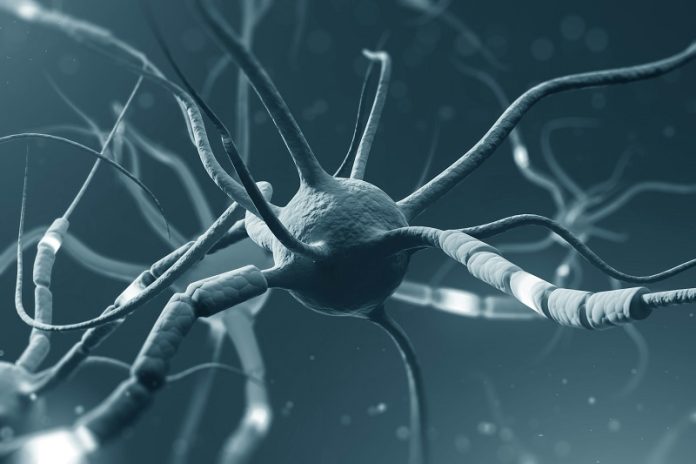
Nearly 10 million people worldwide suffer from Parkinson’s disease (PD), a condition that causes muscle stiffness and tremors due to the loss of dopamine in the brain.
One known cause of PD is exposure to harmful toxins.
Recently, scientists at Thomas Jefferson University, led by Dr. Scott A. Waldman, discovered that a protein found in the gut, called GUCY2C, might help protect brain cells from damage and prevent the development of PD.
Their findings were published in the journal npj Parkinson’s Disease.
Dr. Waldman and his team have been studying GUCY2C for many years. This protein is primarily known for its role in regulating water and salt in the gut. Surprisingly, they found that GUCY2C is also present in the brain. The researchers previously removed GUCY2C from the gut cells of mice and observed an increase in genes associated with PD.
“This led us to wonder,” said Dr. Waldman, “if removing GUCY2C from the brain would affect the brain’s susceptibility to PD.”
Lara Cheslow, an MD-Ph.D. student in Dr. Waldman’s lab, collaborated with Dr. Richard Smeyne, chair of the neuroscience department and director of the Jefferson Comprehensive Parkinson’s Disease and Movement Disorder Center, to investigate this question. They discovered that mice without GUCY2C had more brain cell damage and were more vulnerable to toxins compared to mice with normal levels of GUCY2C.
Interestingly, when mice with normal GUCY2C levels were exposed to toxins, their GUCY2C levels naturally increased. This suggests that GUCY2C might play a protective role in brain cells, which was unexpected given its known role in the gut.
To see if this pattern held true for humans, the researchers examined samples from PD patients. They found that PD patients had higher levels of GUCY2C compared to those without PD. This result puzzled the researchers, as it suggested the protein might be reacting to the disease in some way.
Current treatments for PD focus on mimicking dopamine to manage symptoms. However, targeting GUCY2C might offer a new approach by protecting brain cells and potentially preventing the progression of the disease. Although this research is still in the early stages, Dr. Waldman hopes that these findings could eventually lead to new treatments for PD patients.
In summary, this study suggests that GUCY2C, a protein known for its role in the gut, might also help protect brain cells from the damage that leads to Parkinson’s disease. This exciting discovery opens up new possibilities for preventing or slowing the progression of this debilitating condition.
If you care about Parkinson’s disease, please read studies about Vitamin E that may help prevent Parkinson’s disease, and Vitamin D could benefit people with Parkinson’s disease.
For more information about brain health, please see recent studies about new way to treat Parkinson’s disease, and results showing COVID-19 may be linked to Parkinson’s disease.



